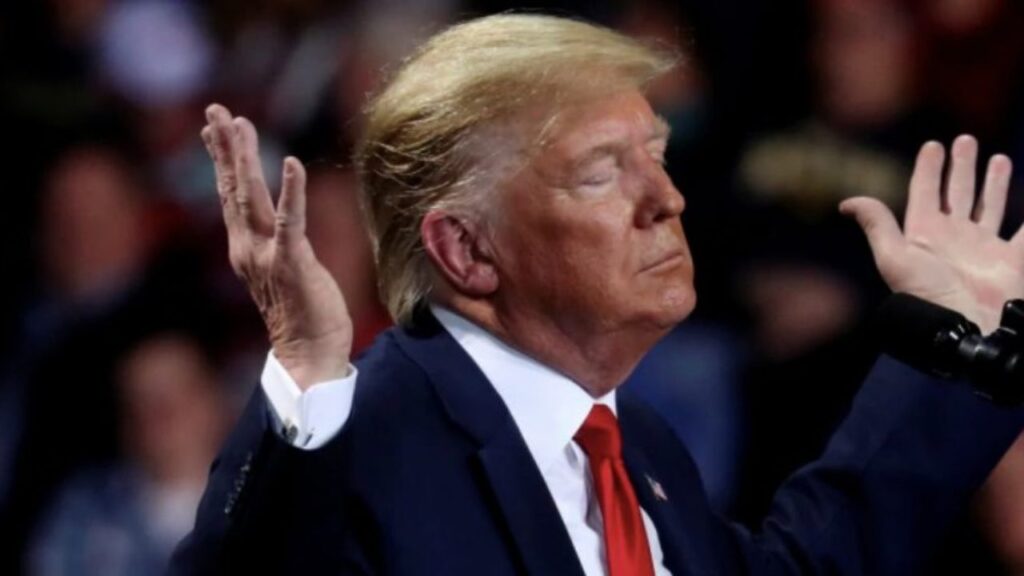Ratan Tata, the visionary businessman who turned one of India’s oldest conglomerates into a global powerhouse, has passed away at the age of 86. The Tata Group announced his death in a late-night statement on Wednesday, expressing deep sorrow and highlighting his immeasurable contributions to the company and the nation.

Tata’s leadership, spanning over two decades as chairman of Tata Sons, saw the group achieve global recognition and expand into over 100 countries. His death marks the end of an era for the Tata Group, which he helped shape into a $165 billion empire by 2024.
Here are 9 facts about India’s true ratan..
1. Leadership of Tata Group
Ratan Tata served as chairman of Tata Sons for over two decades, from 1991 to 2012, and returned briefly as interim chairman in 2016. Under his leadership, the Tata Group reached new heights globally.
2. Global Expansion
During Tata’s tenure, the Tata Group expanded operations to over 100 countries, achieving $165 billion in revenue by March 2024.
3. Iconic Acquisitions
He orchestrated some of the most significant acquisitions in Indian corporate history, including the 2007 acquisition of Corus and the 2008 purchase of Jaguar Land Rover, elevating the Tata Group to international prominence.
4. Academic Background
Tata studied architecture at Cornell University, graduating in 1962. Despite initially pursuing mechanical engineering, he followed his passion for architecture, shaping his visionary outlook.
5. Philanthropic Legacy
Ratan Tata was deeply committed to philanthropy. The Tata Trusts, controlling 66% of Tata Sons, became a key force for charitable work under his leadership, and his passing leaves a leadership void in these trusts.
6. Childhood Challenges
Born in Mumbai on December 28, 1937, Ratan Tata was raised by his grandmother after his parents divorced when he was 10. His early life experiences instilled in him resilience and determination.
7. Pioneering Innovations
Tata introduced India’s first superapp, Tata Neu, under his leadership, which was part of his efforts to modernize the Tata Group’s digital initiatives.
8. Overcoming Crises
The Tata Group faced the 2008 Mumbai terrorist attacks, which targeted the iconic Taj Mahal Palace hotel owned by the group. Tata’s leadership during this period showcased his strength and resolve.
9. Reacquisition of Air India
One of his final major business accomplishments was the successful reacquisition of Air India in 2021, restoring it to the Tata Group after nearly 90 years of nationalization.
Ratan Tata’s death marks the end of an era for Indian business, but his legacy as a visionary leader and philanthropist will endure, inspiring future generations.












